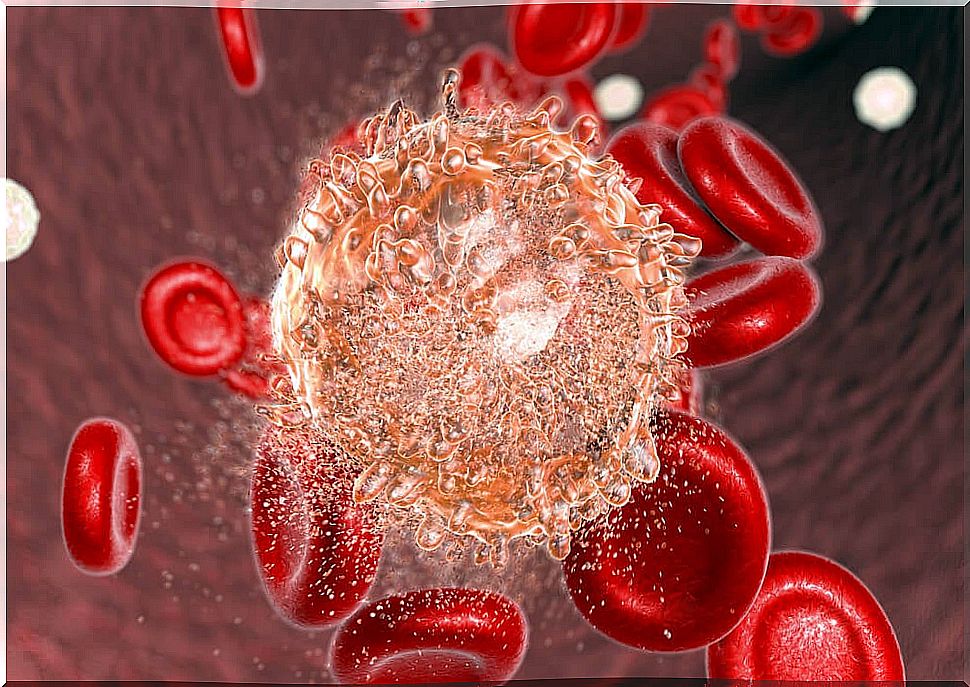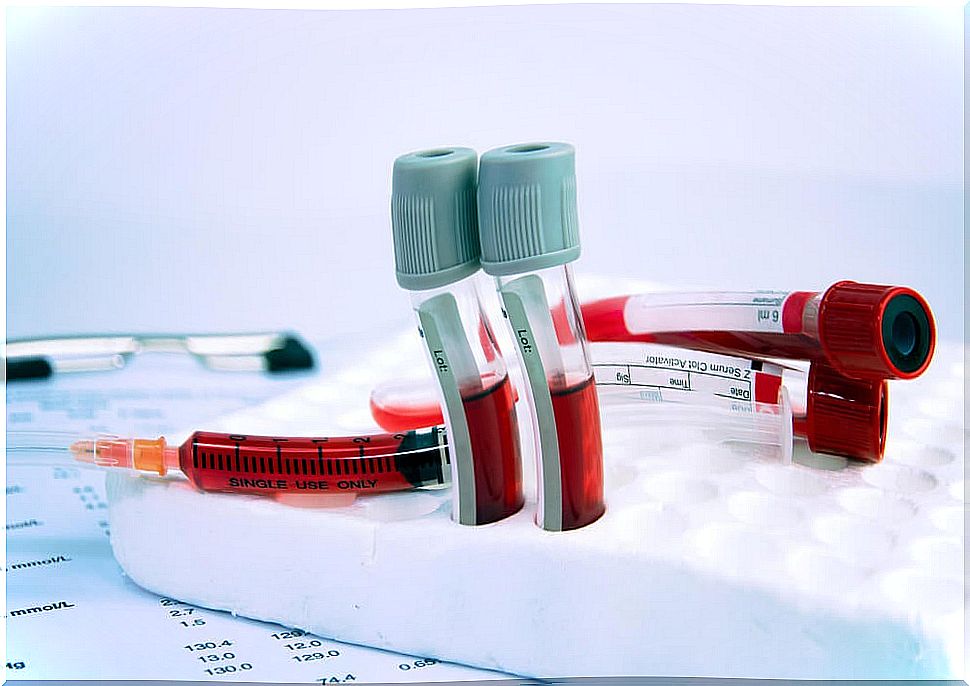Latest Scientific Advances In Leukemia Research
Leukemias are one of the most feared cancers, however, today there are many projects aimed at devising new treatments to end it.
Leukemia is a subtype of cancer that affects the blood cells of patients. Thus, they begin to divide and grow uncontrollably. They can even move and invade new tissues (metastasis).
This alteration has its origin in a modification or mutation in the genetic material of the cells.
The exact causes of this pathology have not yet been found. However, some risk factors have been identified.
- Radiation
- Consumption of toxic substances
- Genetic heritage
- Other diseases.
Here are some advances that are being implemented in the treatment of leukemia. As well as the research areas that are being handled.
Investigations in acute lymphocytic leukemia

- Genetic heritage. Changes in the DNA of cells that can make them leukemic are currently being studied. To do this, they must study the genes involved in such development. Especially the Philadelphia chromosome.
- Early detection. On the other hand, through the polymerase chain reaction test, leukemic cells can be detected even if they comprise a low number. Routine medical tests do not detect disease until there are significant numbers of these cells.
- Chemotherapy improvements. Specialists study the best combination of drugs trying to minimize side effects. New chemical compounds are also being developed for this activity.
- Advancement in stem cell transplantation. The properties of this treatment are being tested and the causes of rejection in them are being studied.
- Use of monoclonal antibodies. Through a series of drugs, antibodies (proteins) that act only on cancer cells are administered to the patient. This treatment is still experimental but has shown good results so far.
Investigations in chronic lymphocytic leukemia

- Study of the genetic components of the disease. Inherited factors that can trigger this subtype of cancer are also being tested. The information obtained is used to know the cause of this accelerated division, to determine the prognosis of the patient, etc.
- Manufacture of new drugs. These compounds can be made for both chemotherapy and targeted therapy.
- Use of monoclonal antibodies.
- New clinical studies. Nowadays, certain studies are focused on the manufacture of drugs that contain a specific class of toxins. These harmful substances only attack cancer cells, neutralizing them. They are called immunotoxins.
Research in acute myeloid leukemia

- Detection of minimal residual disease. Although there are a low number of cancer cells, there are certain tests that detect the presence of this disease.
- Manufacture of new drugs dedicated to chemotherapy treatment. These compounds reduce the adverse effects and enhance the attack against the disorder.
- Stem cell transplants. The effectiveness of the different subtypes is being tested, as well as how to avoid rejections along with other side effects.
- Likewise, new drugs are being perfected that attack cells with certain genetic alterations (such as cancer). We talk about targeted therapy.
- Within immunotherapy we find new innovative techniques. For example, monoclonal antibodies, immune checkpoint inhibitors. As well as the development of vaccines against leukemia.
Investigations in chronic myeloid leukemia

- Currently, all genetic changes or modifications that may intervene in the presence of the pathology are being studied. Therefore, progress has been made in studies on the abnormal behavior of these cells.
- Likewise, the best drug combinations are checked in each clinical case. New chemical compounds are also being developed and tested for both this treatment and chemotherapy.
- On the other hand, clinical studies are being carried out in order to see if it is possible to develop a vaccine or other prevention against leukemia.
Thanks to the latest scientific advances, survival against leukemia has increased. Also, cancer treatments are becoming more and more effective.









